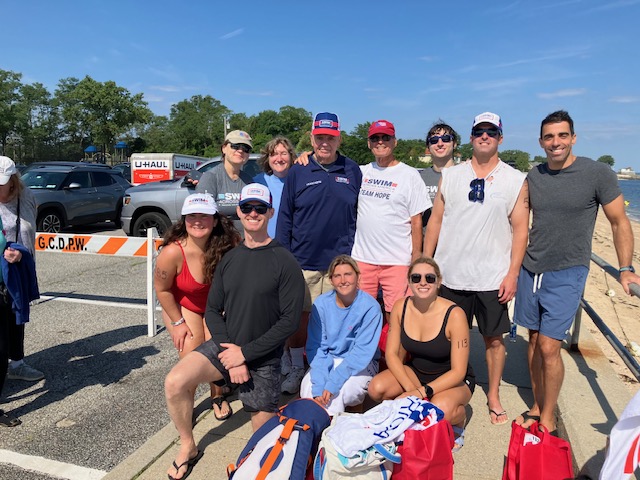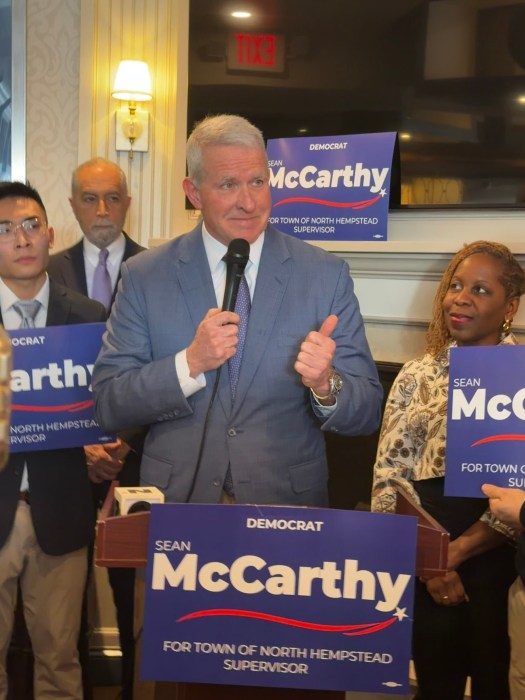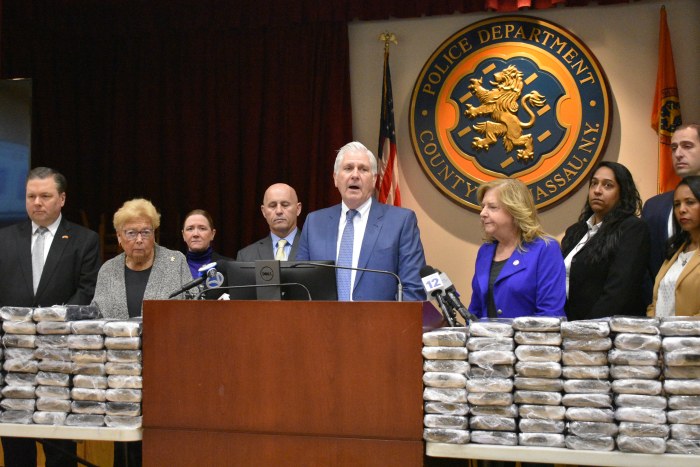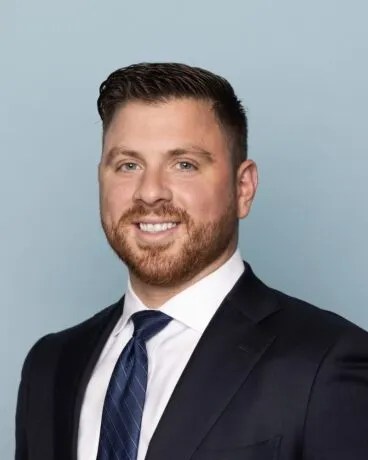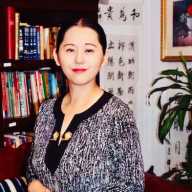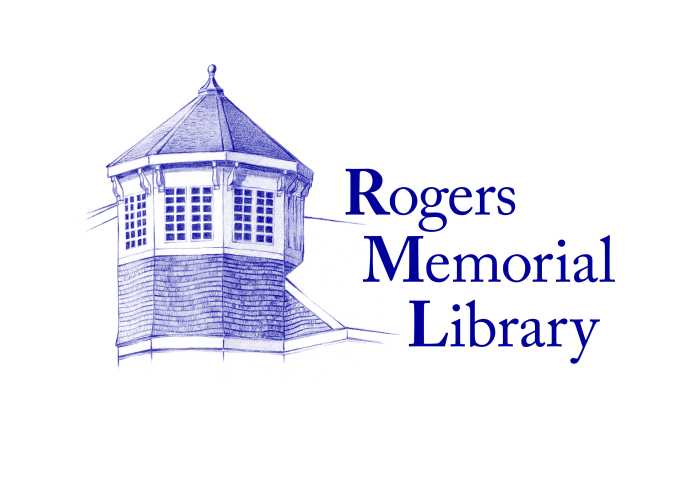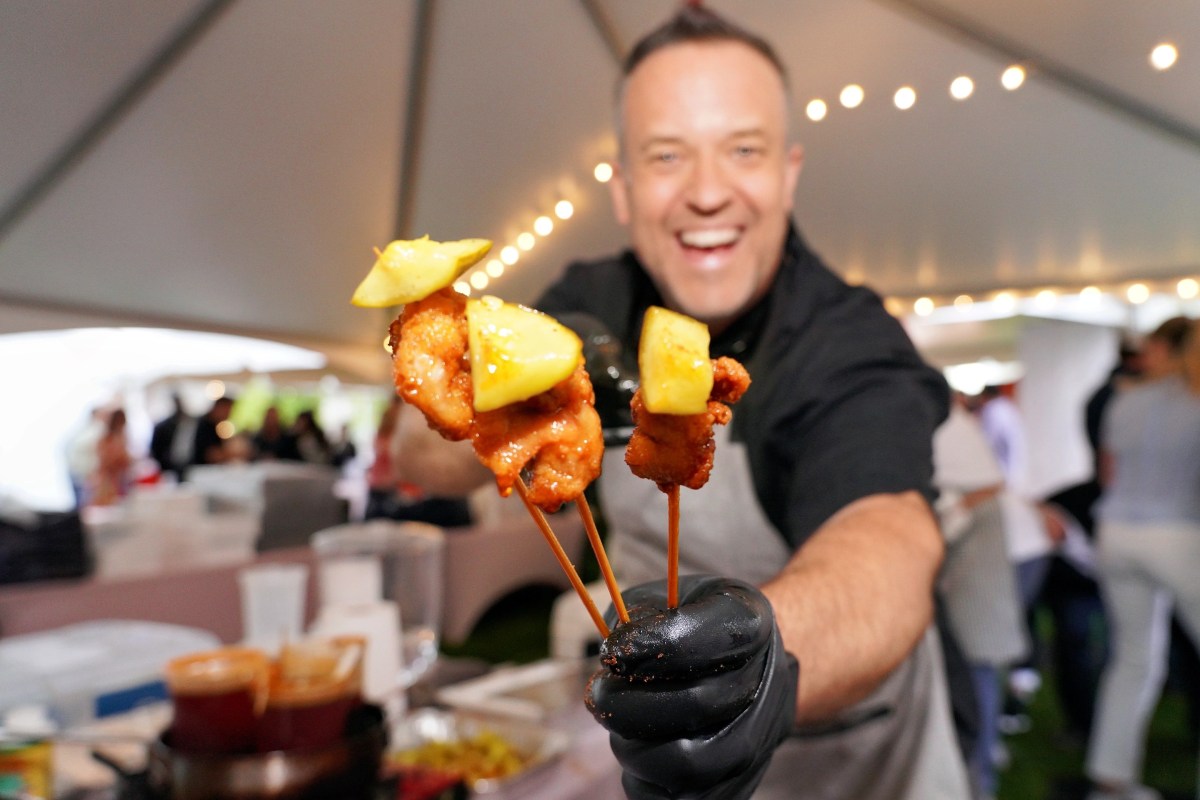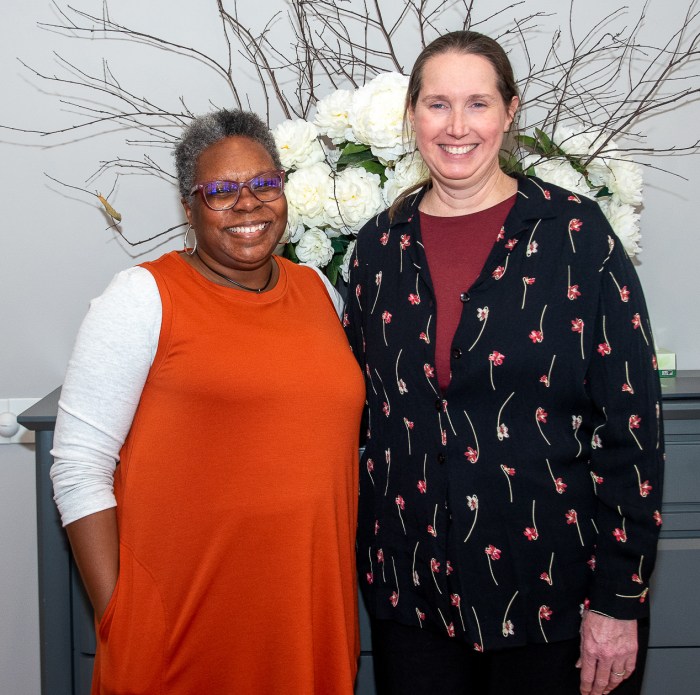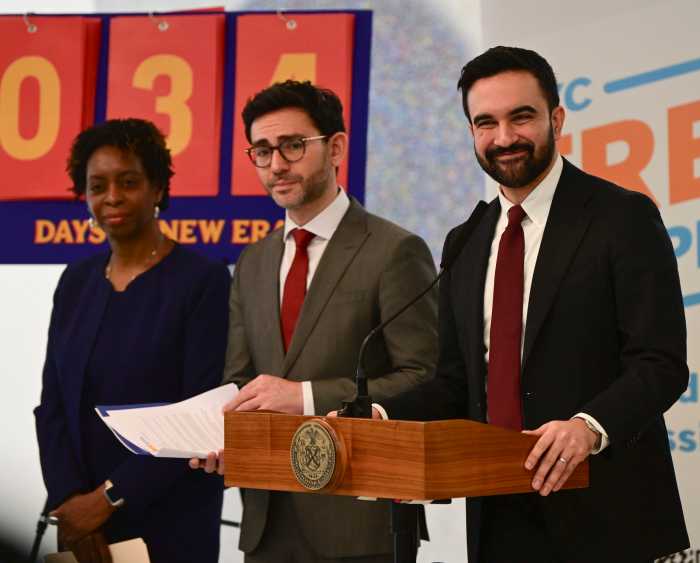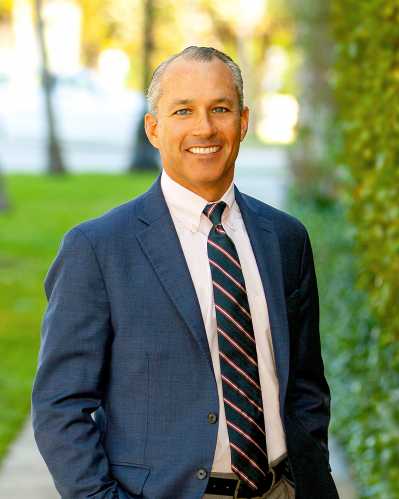For more than two decades, Team Hope has been diving into pools and open water across Long Island to raise money for cancer research. This summer the Port Washington–based group continued that tradition, bringing in more than $93,000 as part of the national nonprofit Swim Across America.
The funds will support research, treatment and prevention at institutions including Memorial Sloan Kettering Cancer Center, Weill Cornell Medicine, the Feinstein Institute at Northwell Health, M.D. Anderson Cancer Center and Cold Spring Harbor Laboratory. Since its founding 22 years ago, Team Hope has raised more than $1.7 million for the fight against cancer.
Team Hope’s fundraising efforts took place over two weekends this summer. On July 26, 27 pool swimmers gathered at North Hempstead Country Club, where participants swam either a half-mile, a mile or simply gave their best effort. Together they raised nearly $47,000.
For team captain Mike Ford, the pool swim was especially meaningful. He was joined by his daughter, Keira Schuler, and his 7-year-old grandson, Patrick Schuler, marking the first time three generations of his family swam together for the cause.
“It was kind of special to see my grandson in the water, swimming a quarter-mile with his mom,” Ford said. “We had 24 of our 38 swimmers this year participating with family members, and that really sums up what Team Hope is about — swimmers, friends and families coming together.”

The pool swim concluded with a celebratory barbecue, hosted by the club’s staff and members, whom Ford thanked for their hospitality and ongoing support.
The following weekend, Aug. 2, Team Hope’s open water contingent joined hundreds of swimmers at Pryibil Beach in Glen Cove for the Long Island Sound swim. Eleven team members competed, raising more than $46,000. Leading fundraiser Nick Kovner swam two miles, while 10 of his teammates each completed one mile.
After the swim, participants gathered to hear researchers and physicians from the beneficiary institutions discuss the progress made possible by Swim Across America donations.
“To stand after a swim and listen to the scientists explain how they’ve advanced treatments with the funds we’ve raised, that’s very gratifying,” Ford said.
Swim Across America was founded in 1987 in Boston by a group of college friends, including Jeff Keith, a cancer survivor who had lost his leg to the disease. Keith first walked across the country to raise awareness before helping launch swimming events as a fundraising tool. Since then, Swim Across America has expanded to 25 locations nationwide, raising millions each year for cancer research and patient care.
Ford first got involved in 2000, when his brother-in-law asked him and his daughter to join a team. They swam together for several years before Ford decided to create his own group, Team Hope, in 2004.
The decision was personal: his close friends were diagnosed with cancer that year.
“I said, I’ve got to do more than just swim on somebody else’s team,” Ford recalled. “We needed a team that represented not just swimming, but the hope we all have that someday cancer will be cured.”
Since then Team Hope has grown into one of the top fundraising groups in the Swim Across America Nassau-Suffolk chapter, which has already raised nearly $1 million this year. Ford’s team consistently ranks among the top three locally.
Ford emphasizes that Team Hope’s success comes from its family spirit. Swimmers range from children to grandparents, and fundraising is often done at the individual level, with each swimmer reaching out to family and friends for donations.
Before each swim, participants sign a dedication board with the names of loved ones they swim for.
“One little boy wrote, ‘I’m swimming for my dog,’” Ford said. “It really shows that everyone, no matter how young, can connect to the cause and feel like they’re making a difference.”
That sense of purpose extends to younger swimmers, many of whom use the experience as a form of community service. Ford said he often writes recommendation letters for students, documenting their volunteer hours and dedication to the cause.
“Everybody hears the word cancer and thinks, ‘Oh my, God, that’s terrible, there’s nothing we can do,’” Ford said. “This allows us to actually do something.”

In two decades of leading Team Hope, Ford said persistence has been key.
At a recent swim, he recalled a conversation with Dr. Jedd Wolchok, chief of immuno-oncology at Weill Cornell Medicine.
“I told him our team had raised $1.7 million over 22 years, and he said, ‘That’s exactly what cultural research takes — persistence,’” Ford said. “We’re not looking for awards, but if there was a persistence award, I think our record of accomplishment would count for something.”
Other researchers have echoed that sentiment. Dr. Mark Simon of the Feinstein Institute once told Ford, “I can’t even swim, but as long as you people do what you do, then I can continue to do what I do.”
For Ford, those words are proof that the laps swam in a pool or open water add up to more than fundraising totals — they translate directly into progress in the labs and clinics.
“We my not cure cancer tomorrow,” he said, “but every dollar, every stroke, brings us closer.”
Team Hope set an ambitious fundraising goal of $100,000 this year. Though they have surpassed $93,000 so far, Ford said he is confident the team will come close to the target.
For now, Ford said he is proud of the team’s accomplishments and grateful for the community support that has sustained them for 22 years.
“We are swimmers. We are friends. We are families. We are Team Hope,” he said. “That’s really our story.”




